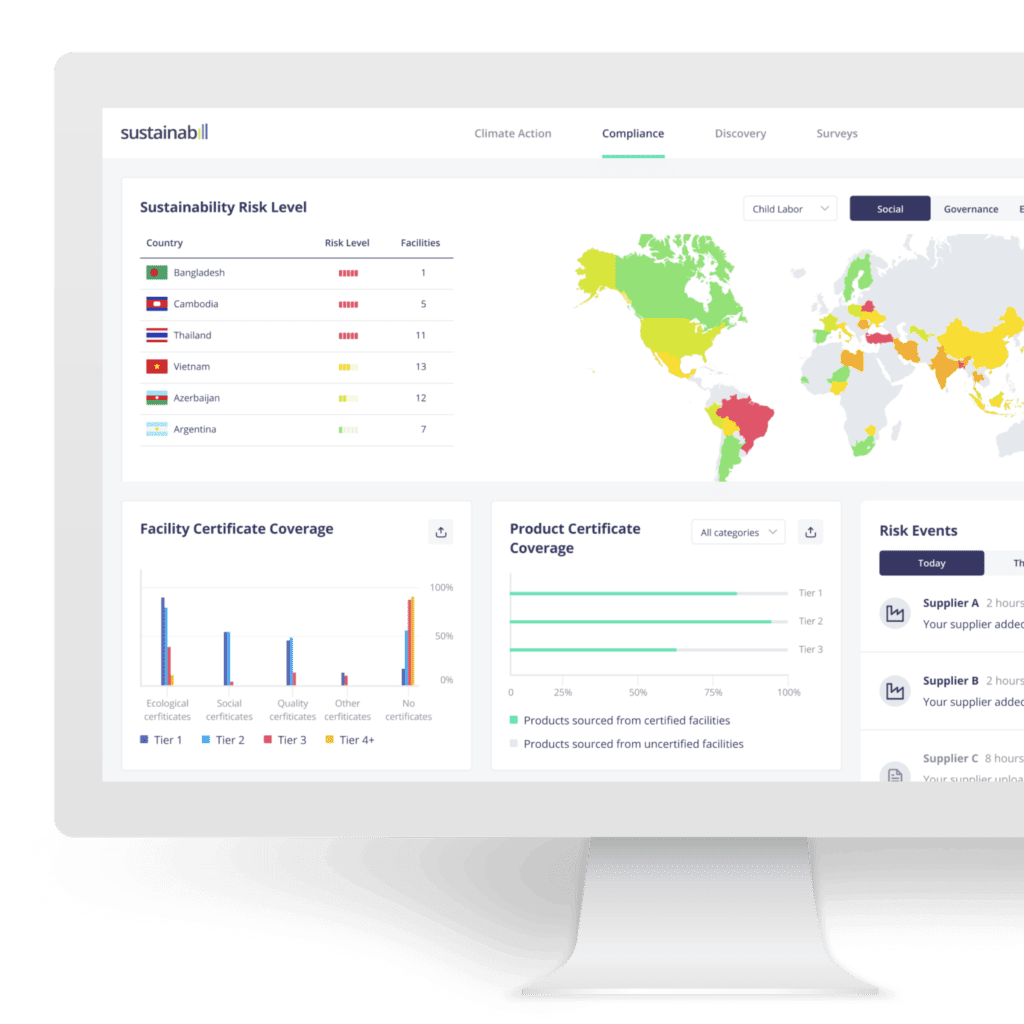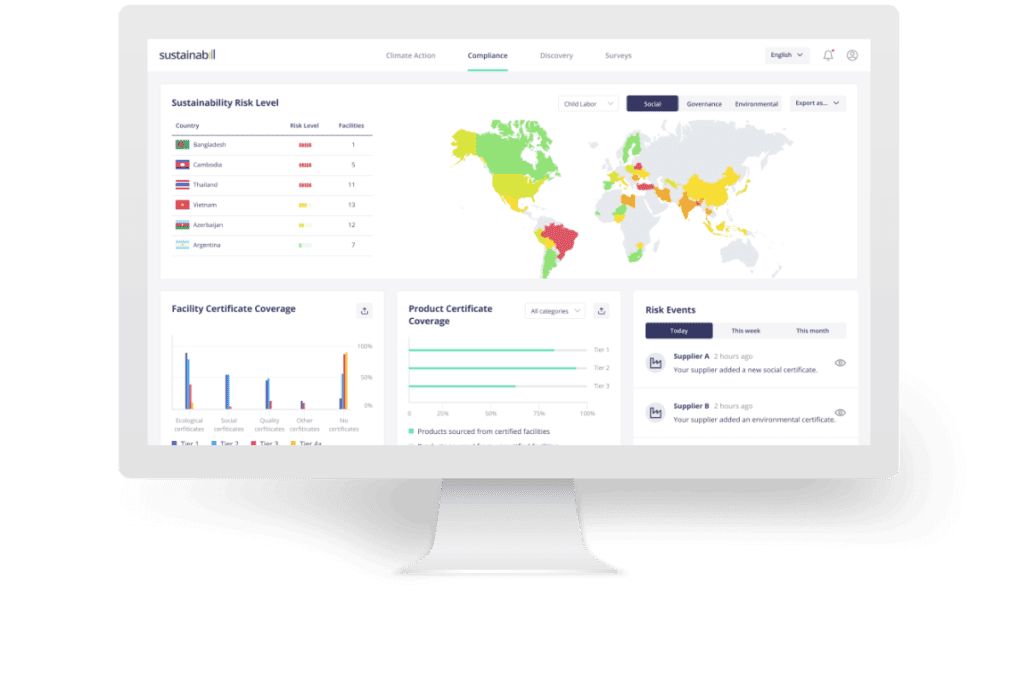Experts from the Intergovernmental Panel on Climate Change (IPCC) presented their new special report on how climate change has an impact on the ocean and cryosphere and what an enormous role these changes will play for humans and ecosystems in the future. Clearly, the ocean is very fundamental as it regulates the global temperature and provides large amounts of oxygen. According to the IPCC report, the ocean has absorbed more than 90% of the excess heat in the climate system caused by anthropogenic carbon dioxide (CO2) since 1970, as well as stored an estimated 20 to 30% of CO2 emissions since the 1980s, which would otherwise remain in the atmosphere and additionally drive global warming. In addition to its function within the climate system, the ocean and the cryosphere provide services to people, such as food and water supplies, renewable energy, health, tourism, trade and transport.
Consequences of anthropogenic climate change are alarming
Since 1993, the rate of ocean warming has more than doubled and the pH of the ocean surface has declined by a range of 0.017–0.027 pH units per decade since the late 1980s. Between 2006 and 2015, Antarctic glaciers lost 155 gigatons of ice per year. As measurements since 1993 show, the sea levels are rising by 3.3 millimetres per year. According to the IPCC special report more than 300,000 people in Germany would be affected by flooding by the end of the century if emissions continue to rise. Climate change also has an impact on many marine species, which experience major changes in their habitats due to ocean warming and biochemical changes such as oxygen loss. As a result, the marine species composition is shifting in geographical range and seasonal activities.
The results of the IPCC special reports show that the climate will continue to change very rapidly and will have a massive impact on life on Earth if we do not take action as soon as possible. Every aspect of sustainability is interacted by the state of the ocean and cryosphere and is also reflected in the United Nations Sustainable Development Goals (SDGs). With sustainabill’s traceability approach to create more transparency in your supply chain, you can contribute to SDGs and mitigate climate change to protect the ocean and the associated ecosystems.
Read more about the IPCC Special Report on the Ocean and Cryosphere in a Changing Climate:









